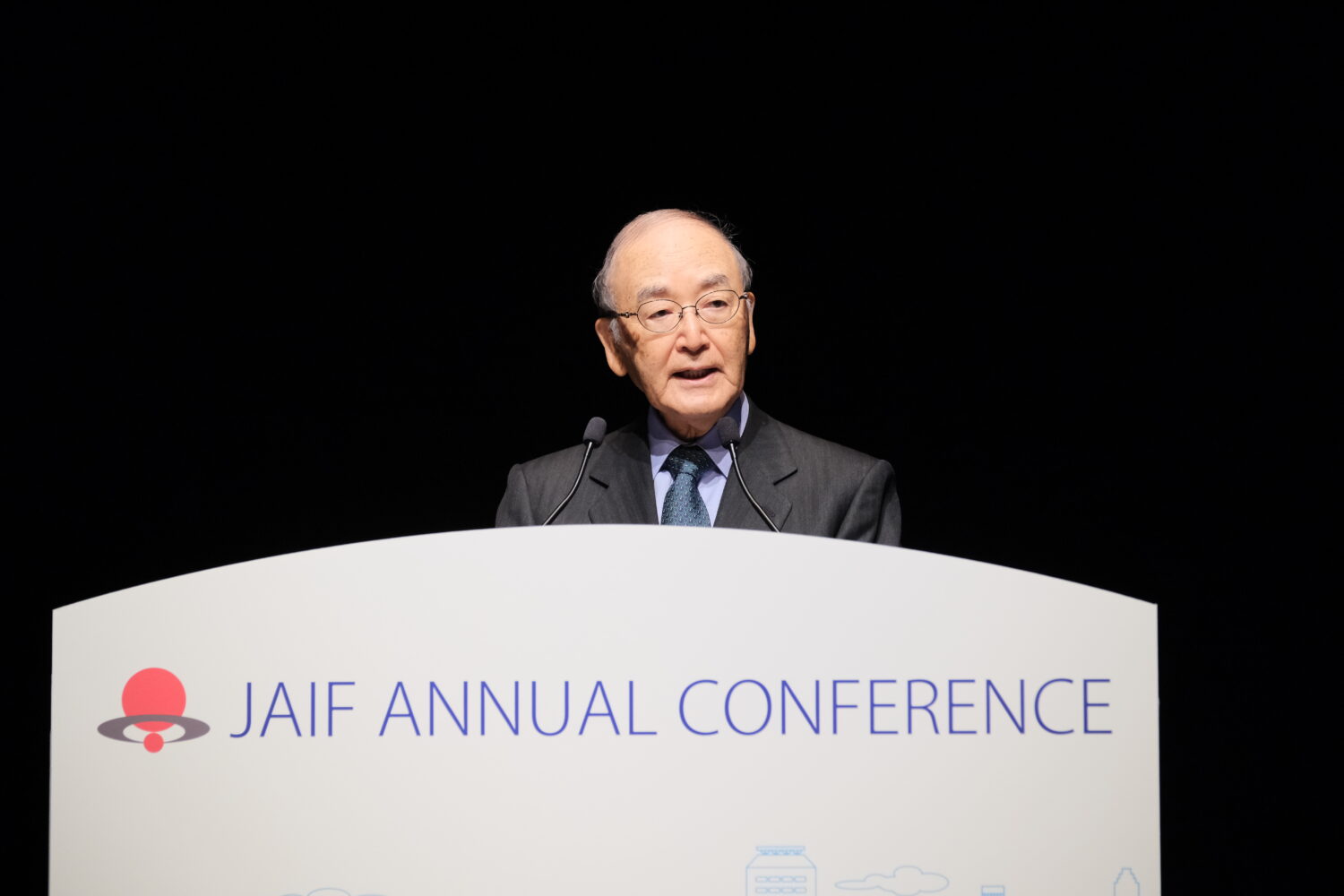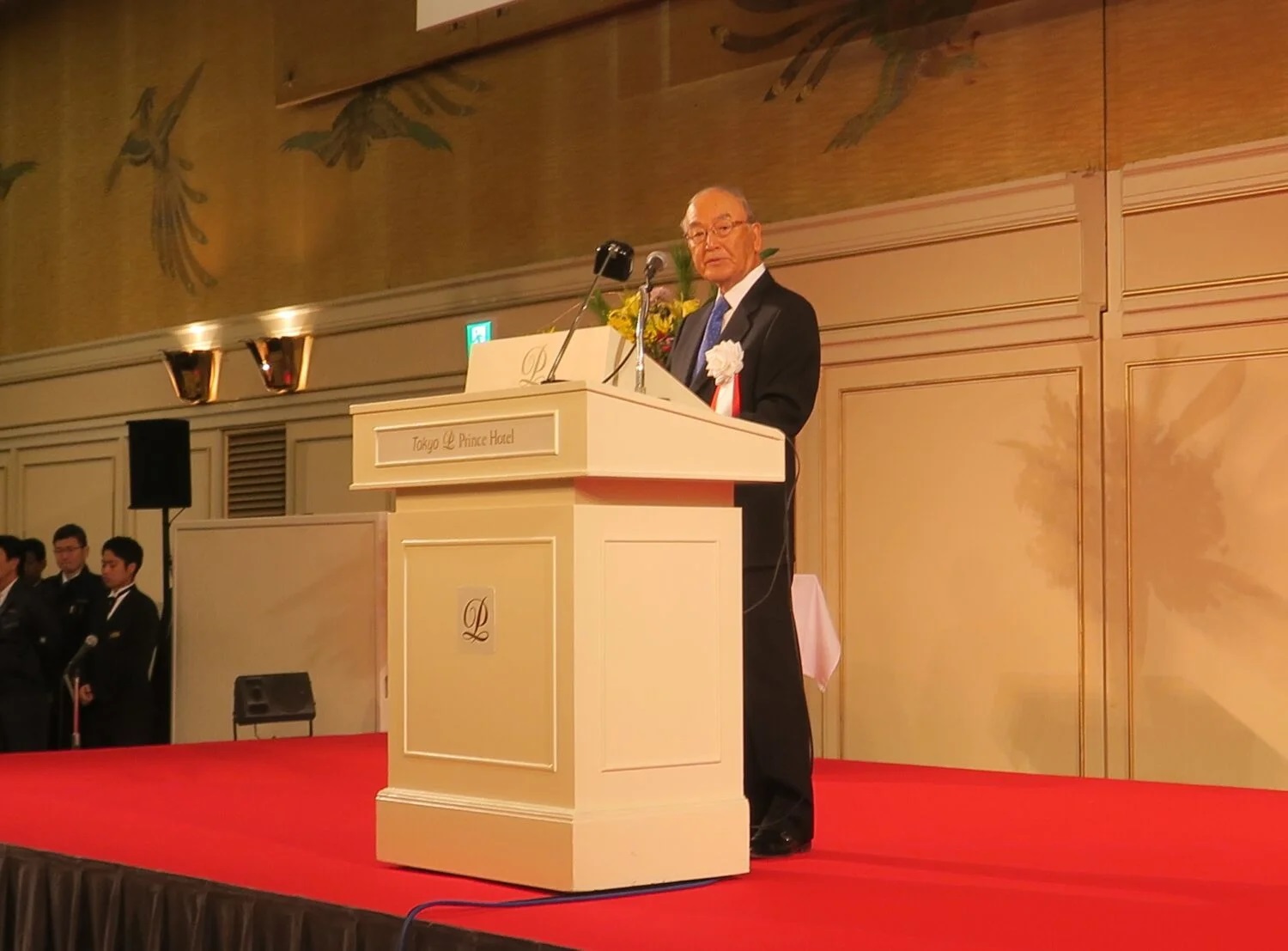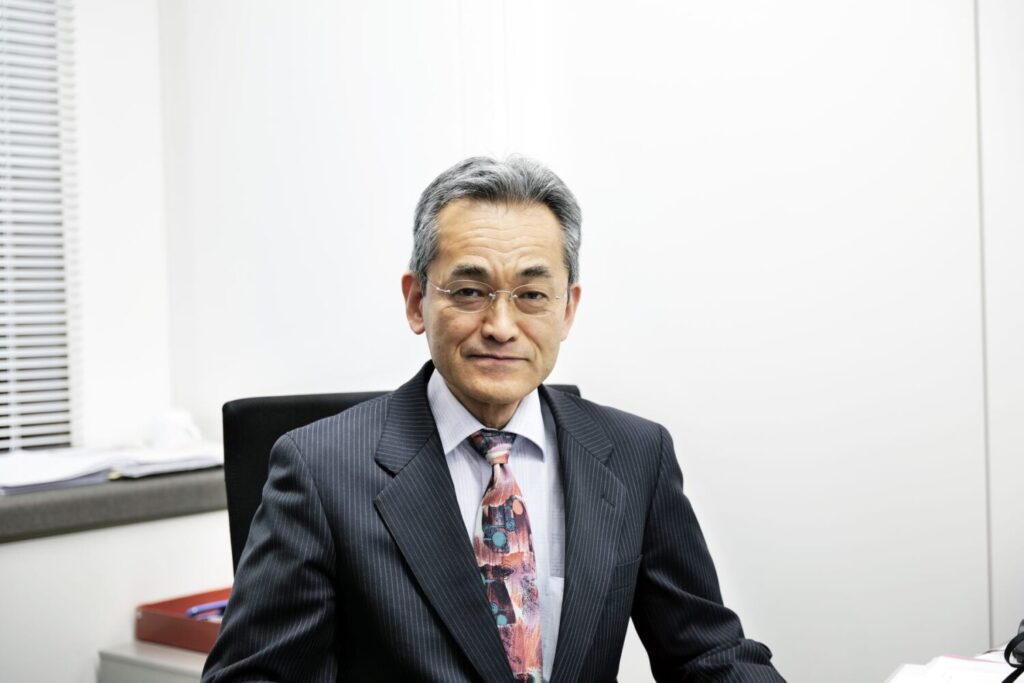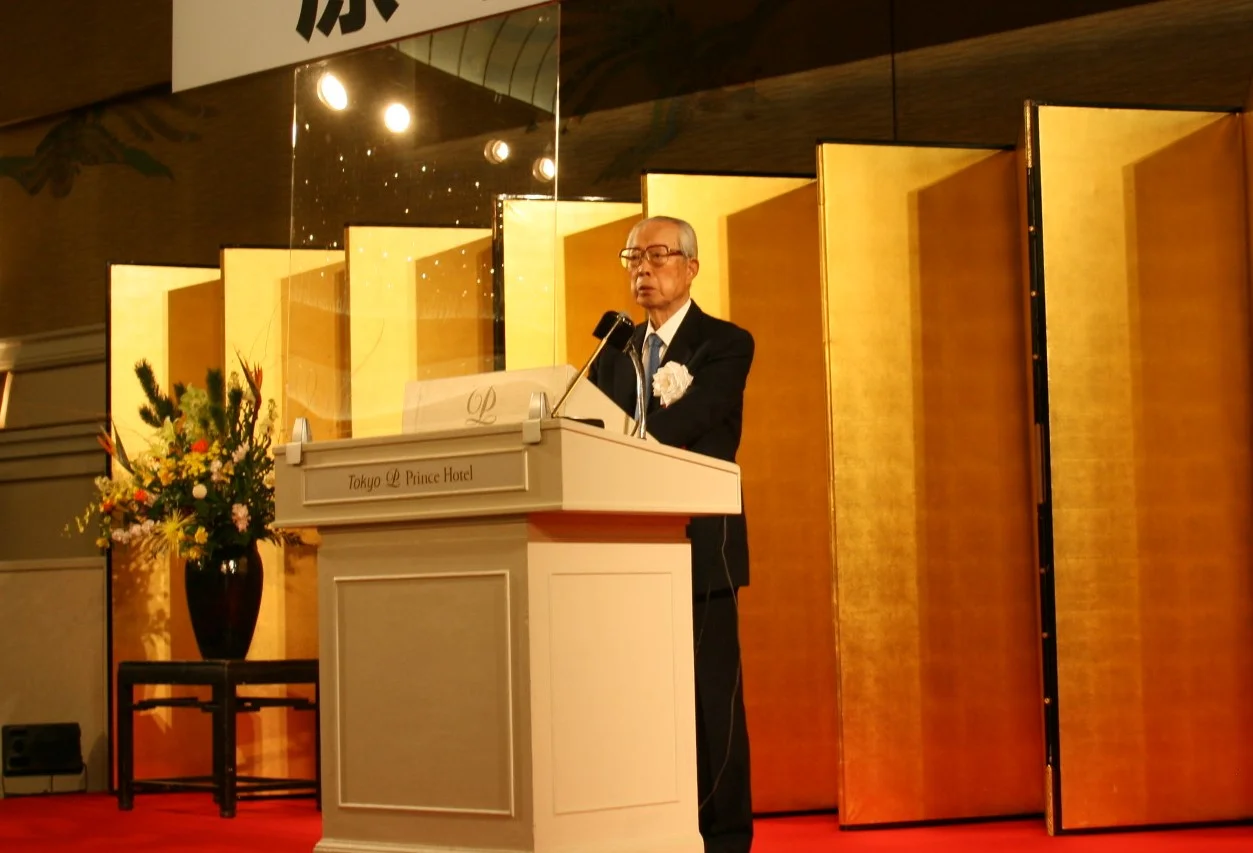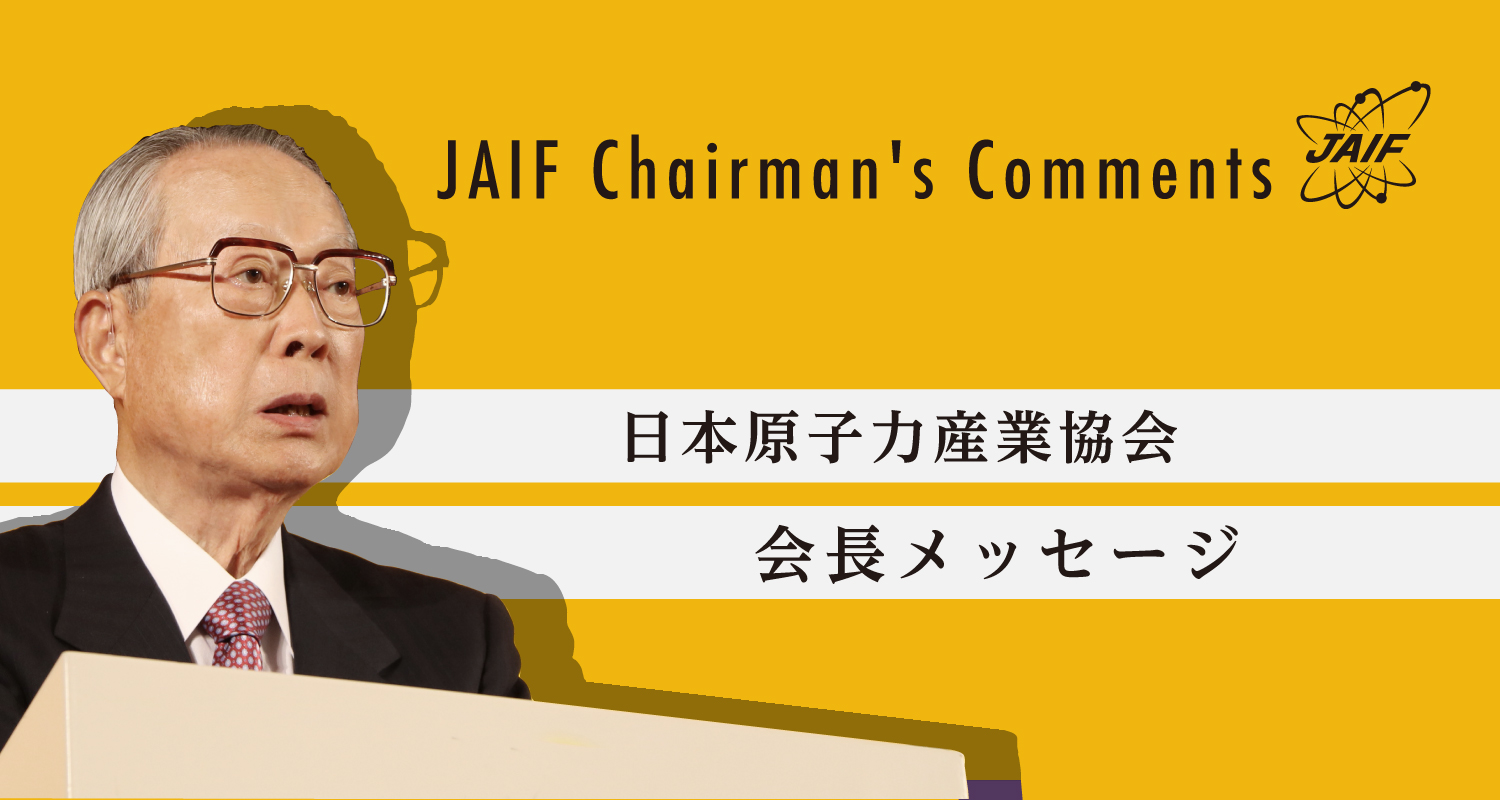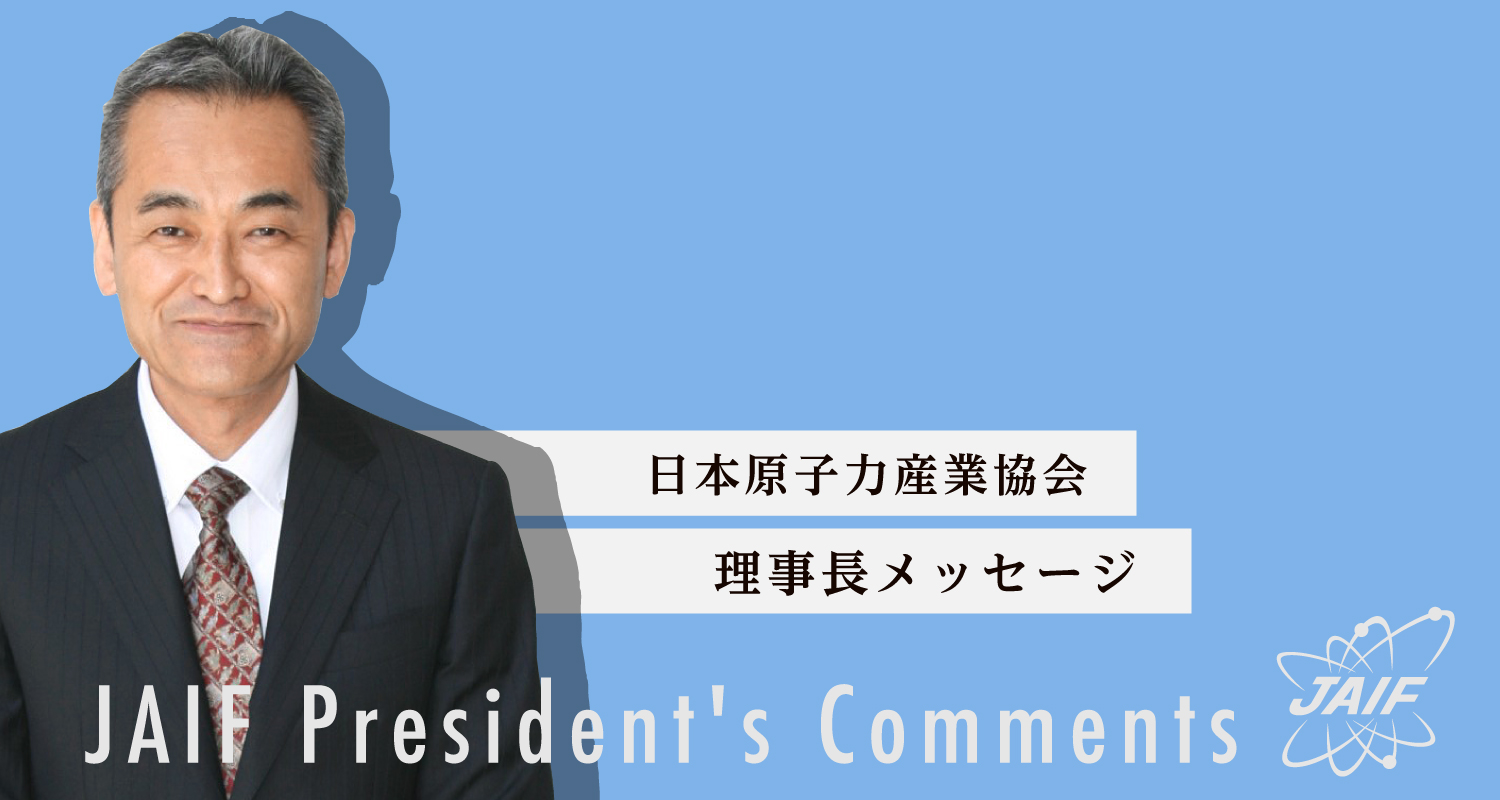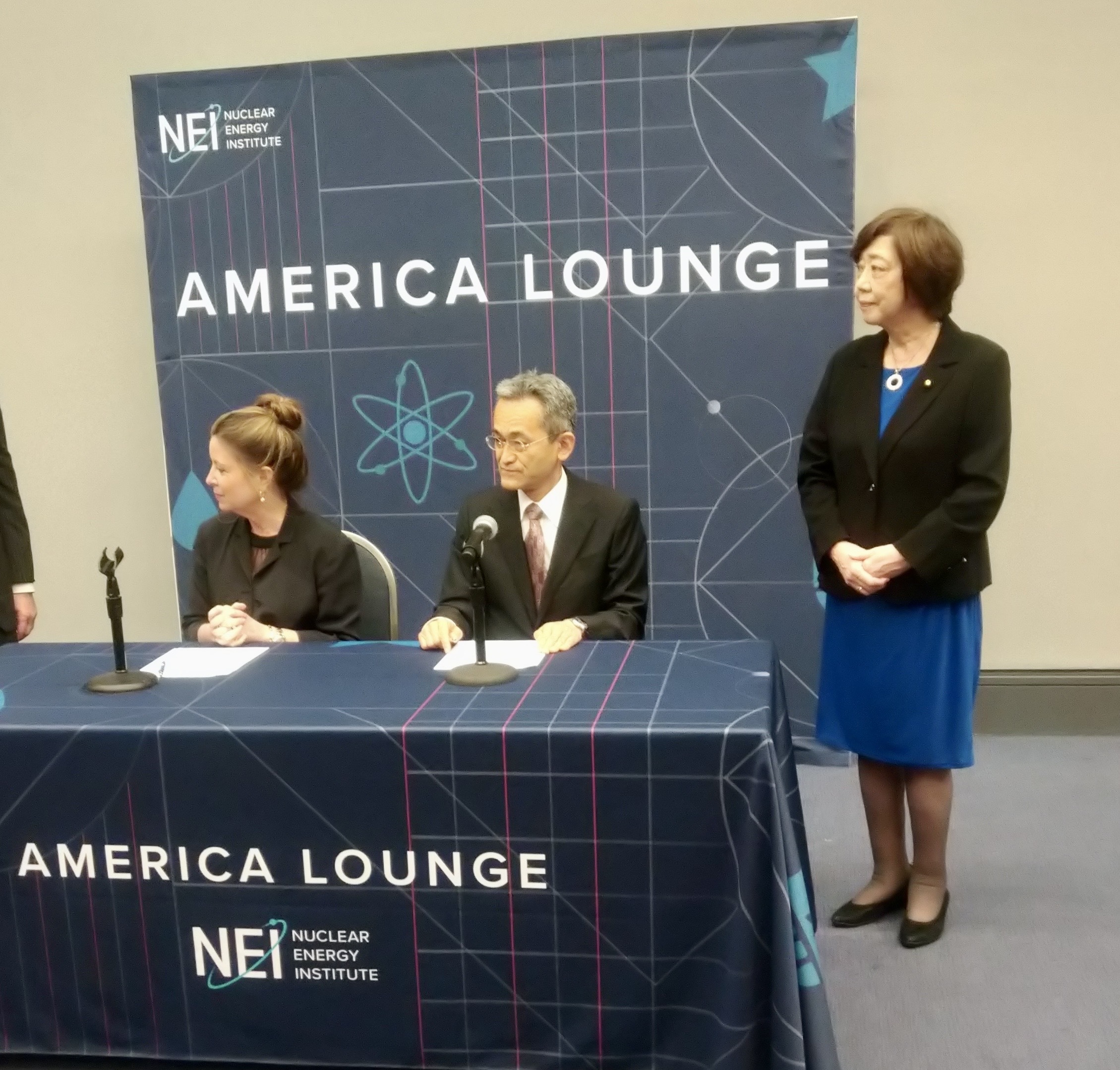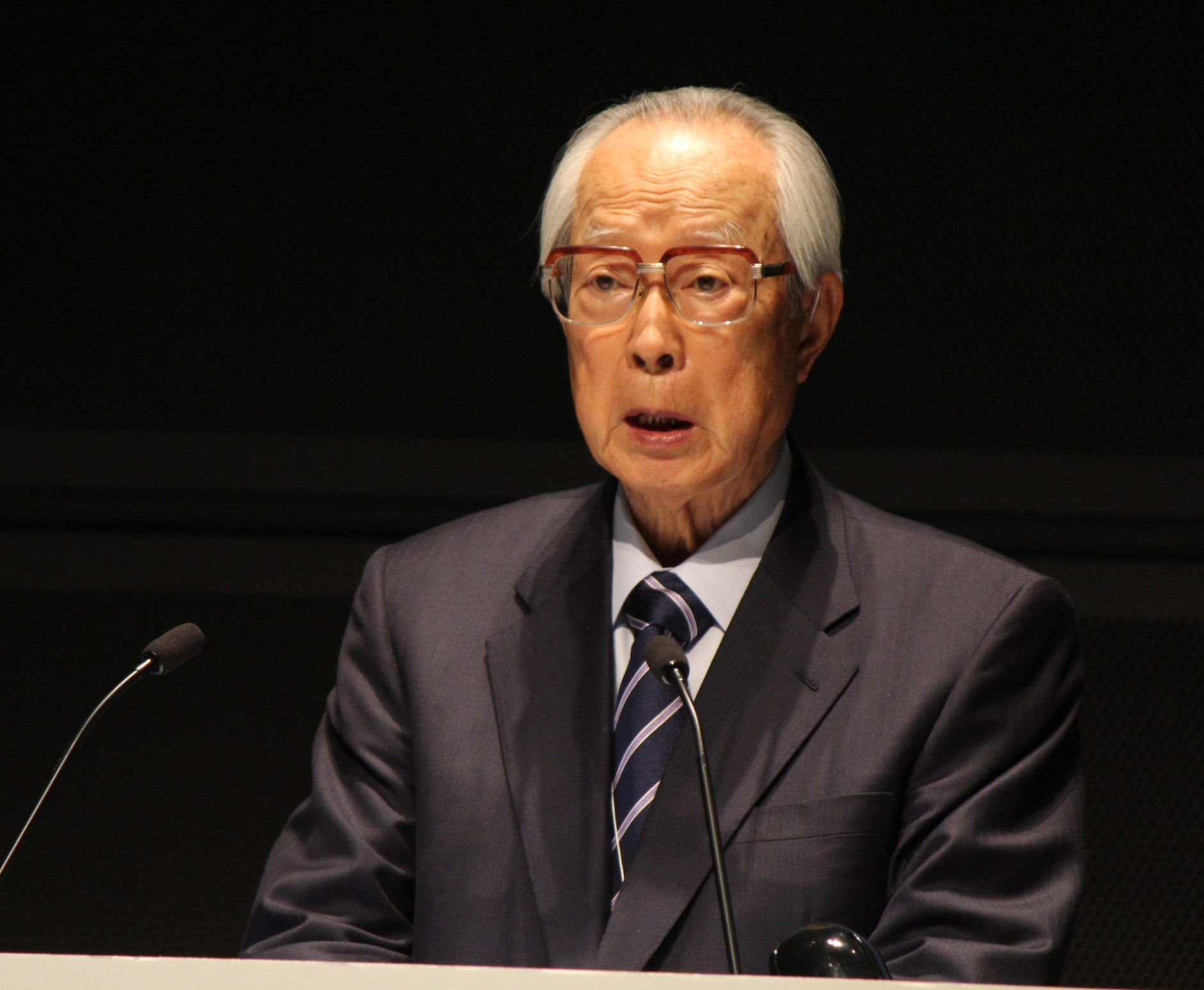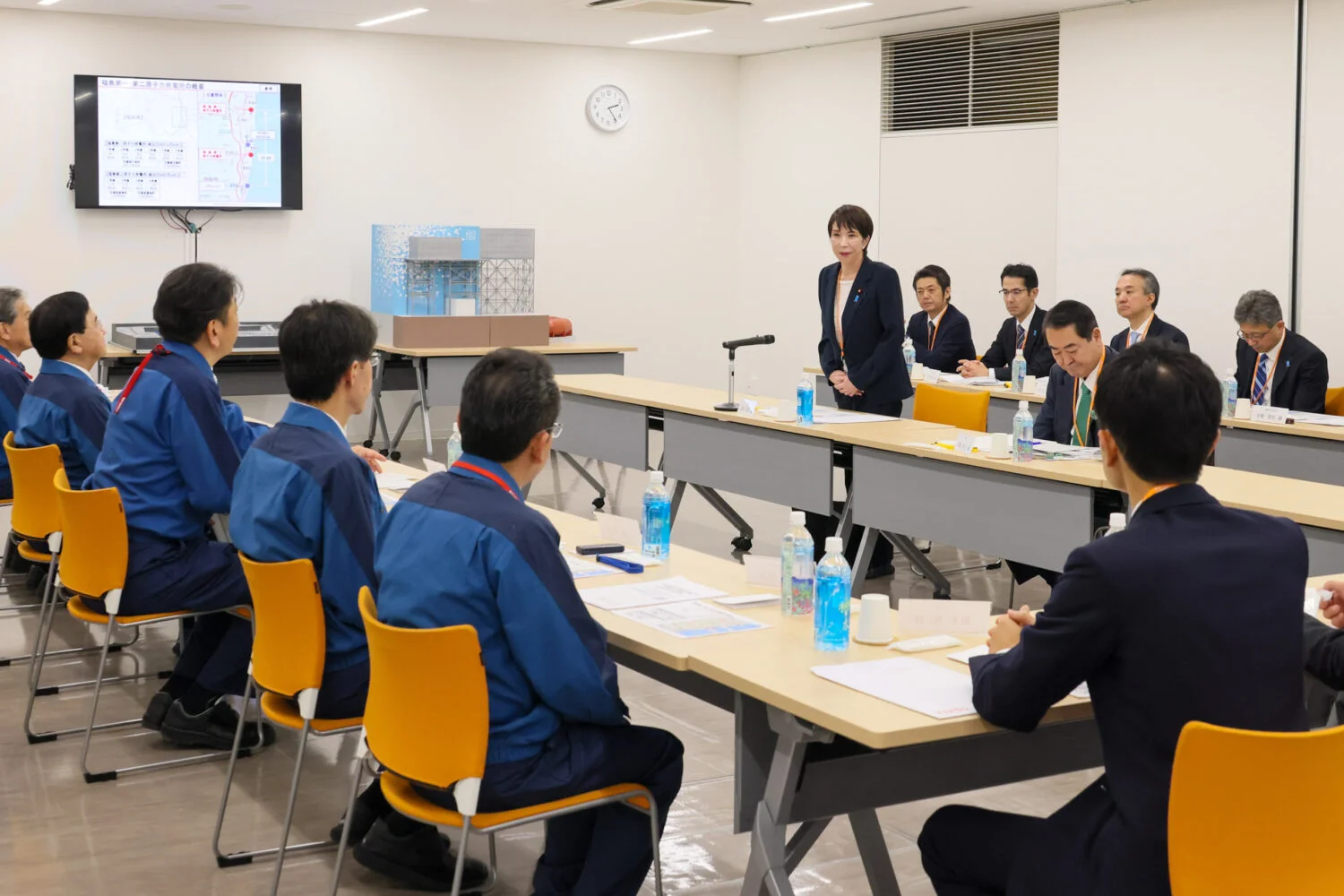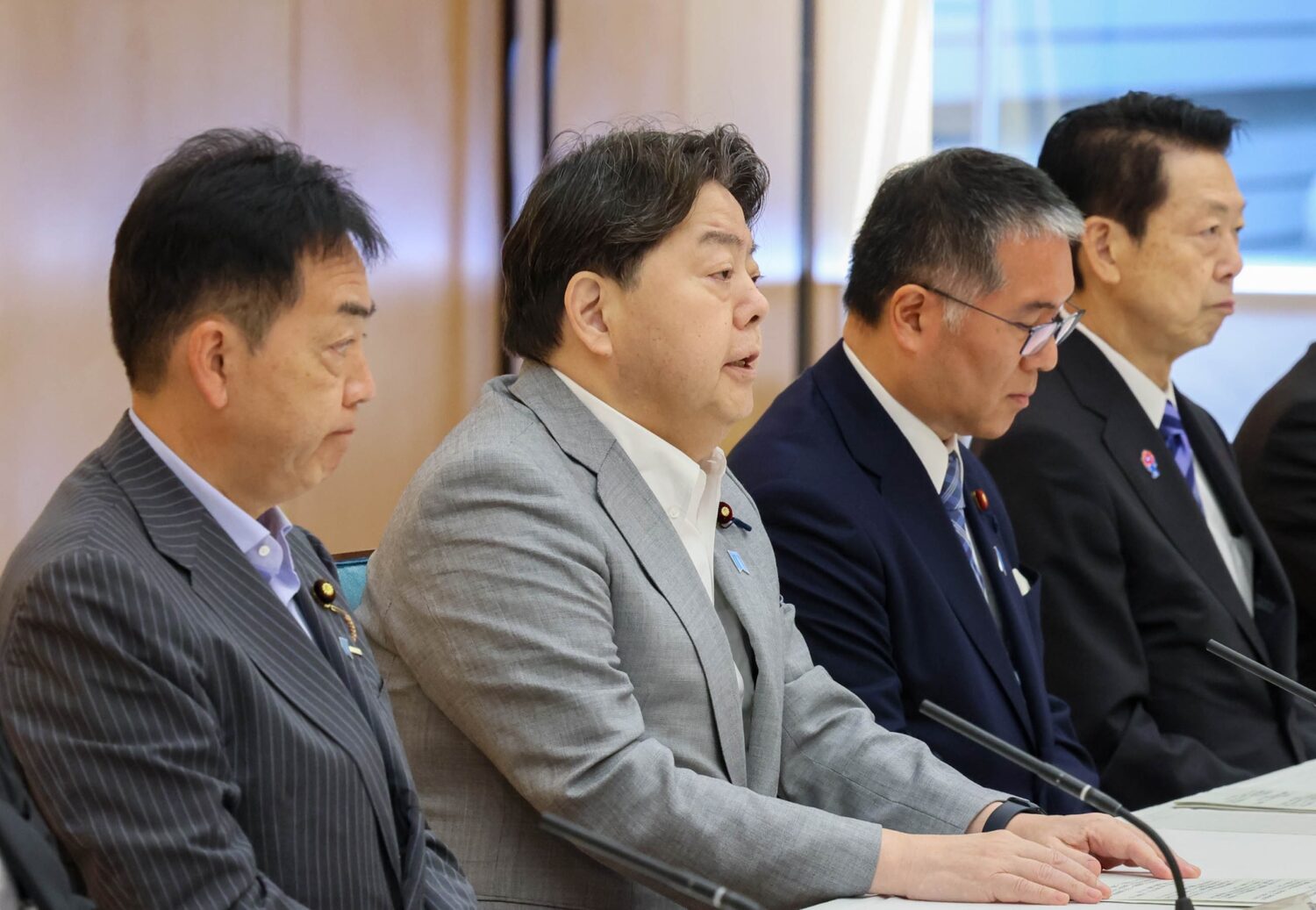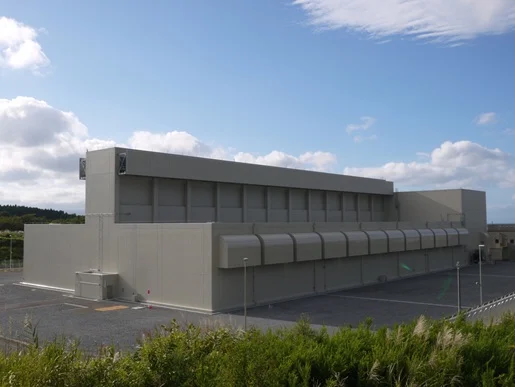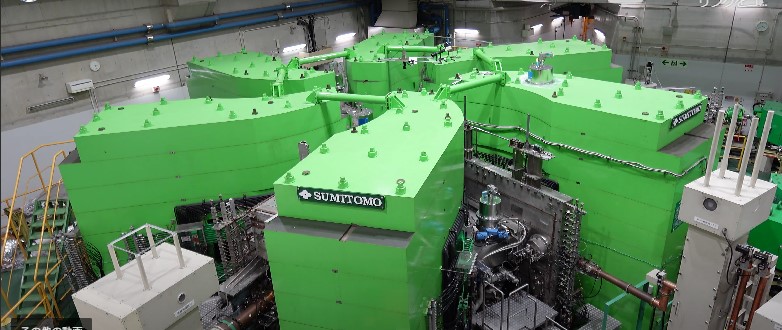Sae Ochi, MD, MPH, PhD
Director of Internal Medicine, Soma Central Hospital, Fukushima
Clinical Research Fellow, MRC-HPA Centre for Environment and Health, Imperial College London, UK
Looking Back at Four Years of Education on Radiation in Fukushima
Now that four years have passed since we began a program of education on radiation in Fukushima Prefecture after the nuclear accident there, quite a few people seem to feel that the program is in gridlock.
Since the accident, a diverse array of information has been made available, including basic information on radiation, radiation doses in Fukushima, exposure risks, food safety and risk communication. I do not think all of that information is too difficult to understand, nor is anything intentionally hidden. To the contrary, I think that Fukushima citizens are being given clear, sufficient information in detail. Why, then, are the people not satisfied with it?
One reason is, I think, that the notion of “health” is missing from today’s radiation education.
Put simply, people don’t think that their education on radiation will make them healthy and happy. Indeed, I feel that it is possible that an “indifference” to health in the education is worsening health.
Difference Overlooked Between Health Problems and Health Risks
For example, in discussions of health problems due to the March 2011 nuclear accident, the focus tends to be so narrowly on radiation hazards that some people say that “no one has died because of radiation” — as if that were the only point.
But the health problems in Fukushima now are mostly unrelated to radiation (1). More important as factors influencing health include living as evacuees, job loss, changed lifestyles, mental stress, and working environments. To help people in Fukushima recover their health, we have to discuss their health in a wider context. The reality is that the real health-related impacts of the accident have been overlooked by focusing so much on radiation.
Radiation education should provide a valuable opportunity to look at health itself once again. For example, we can provide information about cancer risks and health risks other than radiation as well as those of radiation. However, as far as I know, no discussion is being made of the other health risks in daily circumstances. And talking about radiation so much, in such detail, is creating a legend of “zero risk to health” as long as they avoid radiation.
In particular, we underestimate the health risk in seeking to avoid radiation so much! We hear repeatedly that the risk from radioactivity is “small.” But unless health risks of avoiding radiation, such as immobility, mental stress, less intake of vegetables, and sedentary lifestyle, is explained, the word “small” may sound deceitful.
Nuclear Industry and Medical Care Share the Same Goal
Since the accident, I have had opportunities to meet many people involved in the energy and nuclear fields. When I talk with these people, especially senior engineers, I feel they have faith that a stable supply of electricity will make the society happy. Therefore, people’s “happiness”, or people’s health, as a result of the growth of the nuclear industry is, I think, their ultimate goal.
The goal of the radiation education should be the same. It is meaningless unless Fukushima’s people and society do not become healthy as a result of the education. Such a way of thinking is more familiar to those in the nuclear industry, who are looking toward a healthy society, than to us doctors, who are always looking at people’s illnesses, isn’t it?
Being healthy is a complex condition. Health is achieved by all the people supporting life, rather than just by health professionals like doctors. Energy supports life, while agriculture supports food, and industries support economy, and education supports people themselves, etc. In other words, health is everyone’s business.
As a doctor working in Soma in Fukushima Prefecture, I think that my responsibility is to convey information on health issues in Fukushima to these key players of health, who may not even think of they are contributing to people’s health — and to ask for their collective wisdom.


